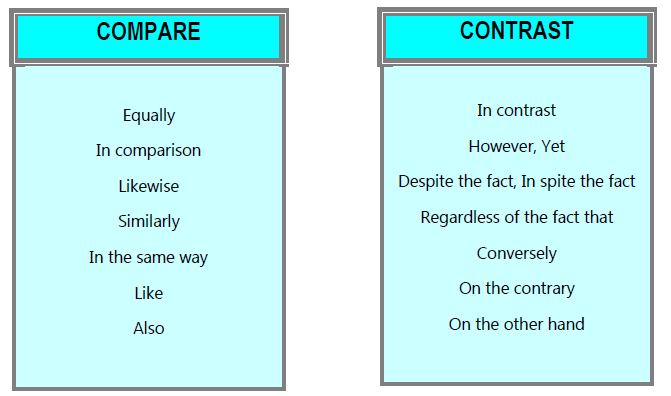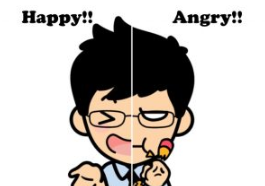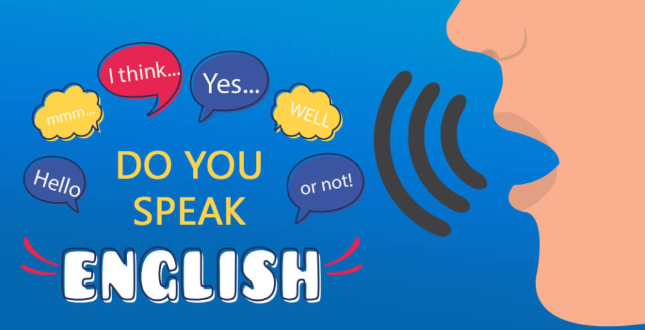▮ レッスンコース名: EIKEN Gade Pre-1 Writing Opinion Task
▮ レッスン数 : 50レッスン―50 問 [ 標準:1問=1レッスン(25分)]
(受講者の判断で必要な分だけ受講してください。)
▮ レッスン教材: 教材はこちらからご確認ください。
▮ 特徴 : ● 試験類似問題及び過去問を使います。
● 幅広いトピックに対応できる作文能力が身につきます。
▮ レッスンの概要
受講者は予習で回答文を作り、レッスン時間では、受講者の回答文を基に、講師が添削、アドバイスをしながら模範回答を作り上げていきます。
━━ レッスンの進め方 ━━
① 事前に予習されることをお勧めします。回答文をwordなどのファイルで作っておきましょう。
(本番同様の緊張感でレッスンを進めたい方は、予習無しで進めてください。)
② 標準で1問を25分(1コマ)で完了となります。(25分で完了しない場合は1問50分=2コマ)
③ レッスンでは、センテンスごと(文のまとまりごと)に講師のチャットボックスに
ドロップして講師は添削します。
講師はセンテンス毎に解答文を共有画面で受講者に見せながら添削していきます。
最後に完成文に対し、文章全体のアドバイスを致します。
④ レッスン中に完成できない場合、途中までの解答文を文書ファイル(word 又は
OpenOffice Writer)で受講者に渡します。
⑤ 受講者は次のレッスンまでに回答文を完成させ、レッスン時間に講師へ渡します。
⑥ 2 回目のレッスンでは共有画面で講師が完成文を添削していきます。 添削、アドバイ
ス、回答文の完成まで受講者のレベルに沿ったライティングレッスンとなります。
▮ 添削くん(添削サービス)(講師とのマンツーマンレッスンとは別のサービス)
通信アプリ(mytutor APP、スカイプ、ZOOM)を使わず、受講者が投稿した回答文を48時間以内に講師が添削して、受講者のメールとマイページへ返信するサービスになります。
問題はシステムに用意されておりますが、受講者ご自身で問題を用意されても構いません。
英検準1級英作文(120~150語)の添削には、1ポイント(講師指名の場合2ポイント)が必要です。
=============================================================
Tutor Only
▮ Course Name: EIKEN Grade Pre-1 Writing Opinion Task
▮ Number of Lessons: 50 lessons – 50 questions [Standard: 1 question = 1 lessons(25 min)]
(Please take as many lessons as necessary based on the student’s judgment.)
▮ Lesson material: you can get here
▮ Features:
● Utilizes exam-like questions and past papers.
● Develops the ability to write essays on a wide range of topics.
▮ Lesson Overview
Students prepare their response texts in advance, and during the lesson, based on the student’s response, the instructor provides corrections and advice while creating a model answer.
━━ Lesson Procedure ━━
① It is recommended to prepare in advance. Create your response texts in a word file or similar format.
(If you want to proceed with the lesson in a realistic and tense environment, you can proceed without preparation.)
② Standard completion time for one question is 25 minutes (1 sessions). If it cannot be completed within 25 minutes, it will be extended to 50 minutes, which equals 2 sessions.
③ During the lesson, drop your sentences (grouped by sentence or paragraph) into the instructor’s chat box, and the instructor will provide corrections.
The instructor will share the answer text on the screen for the student to see while making corrections sentence by sentence. Finally, overall advice will be given on the completed essay.
④ If the completion is not possible during the lesson, the instructor will provide the student with the answer text up to that point in a document file (Word or OpenOffice Writer).
⑤ The student should complete the response text before the next lesson and submit it to the instructor during the lesson.
⑥ In the second lesson, the instructor will correct the completed text on the shared screen. Corrections, advice, and completing the response text will be tailored to the student’s level in the writing lesson.
▮ Tensaku-kun (Correction Service):
Without using the communication app (mytutor APP, Skype, ZOOM), the instructor corrects the response texts submitted by the student within 48 hours and sends the feedback to the student’s email and mypage. While the system provides the questions, students can also prepare their own questions. For the correction of EIKEN Grade Pre-1 English writing (120-150 words), 1 points are required (2 points in case of instructor request).
















